Record Of The Week #5 - "Broken" by Nine Inch Nails
I think this short but sweet EP had more of an impact on my younger self than anything else and I still remember first hearing it. When I was around 11 or 12 my main source of music (in the pre-internet era) that wasn't my parents choices was either MTV (when they actually showed music videos) and loaning cassettes from the local library.
I used to devour any cassette that I had vaguely heard of or seen in the pages of Kerrang!.
I started off with the big bands of the time, Guns 'n' Roses, Def Leppard and Metallica and then moved on to groups such as Black Crowes, Megadeth and Faith No More. From this onto the grunge behemoths of Alice In Chains, Nirvana, Soundgarden and Pearl Jam. One of my favourite things to do was to listen to those albums on a beaten up walkman while doing my paper round and by and large I knew what to expect from each one I listened to.
Then on my weekly excursion to the library I spied the burning lower case "n" on the cover of "Broken" and it looked unlike any other album cover of the time. I had heard of the band but had no idea what they sounded like, other than the fact they were a rock group so must be cool.
I duly handed over my library card for the cassette to be checked out into my possession for a week and popped it into my walkman to be listened to on the way home.
What I was presented with was an aural assault on my eardrums unlike anything else young and impressionable me had ever heard. The guitar tones sounded raw and processed, nothing like the classic Marshall stack rock sound I had become accustomed to. The vocals were full of genuine angst but still melodic and structured and the other instrumentation introduced me to synths in an industrial setting.
Opening with the fading in "Pinion", that on first listen I thought was too quite. Silly me turned up the volume only to be knocked out with the sheer ferocity of "Wish" and the wall of noise guitar riff that introduces "Last".
I had managed to catch my breath by the time "Help Me I Am In Hell" had finished, a nice instrumental breather before the tour de force in stereo separation that is "Happiness In Slavery" continued the onslaught. One thing that got me was between all the rage was a musical intuition that elevated the music beyond angry noise rants. A case in point would be the way the drums pan between left and right speakers in the drum breakdown during this song. Not since the Beatles had I been so aware of separation between stereo parts.
The EP ends (if you discount the secret tracks) with the punk stylings of "Gave Up" and from that moment on I was a full on member of the NIN fan club.
Trent Reznor and Nine Inch Nails have released many a great albums since "Broken", "The Downward Spiral" and "The Fragile" being two timeless examples. Yet I always seem to come back to "Broken" as being my favourite release, it still sounds just as aggressive as when I first heard it and in digging deeper into the recording process I've learnt more and more to ignore conventional recording techniques and to experiment with everything. Mellotron through a ton of distortion? Why not!
If you want to find out more I recommend have a read of the liner notes to the recent rerelease on vinyl and also have a read of these articles: http://www.popmatters.com/post/187966-caught-in-the-machine-nine-inch-nails-pinion-wish/ and https://en.wikipedia.org/wiki/Broken_(EP).











